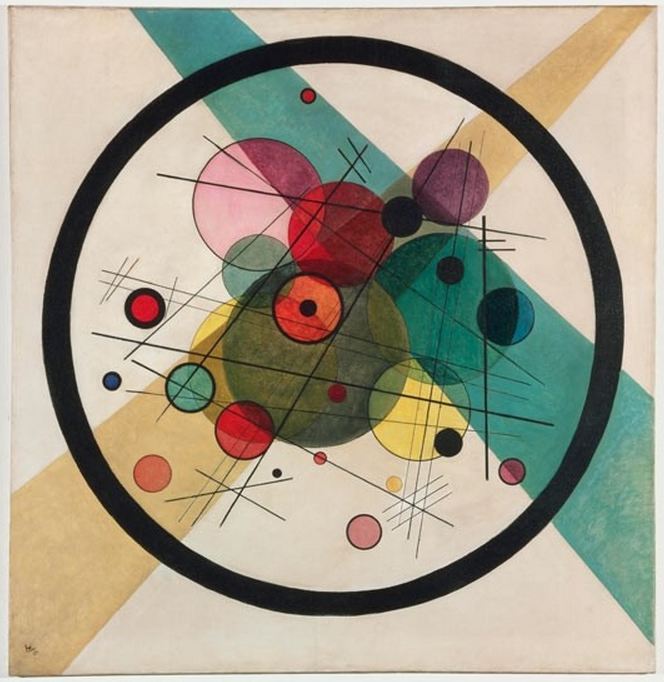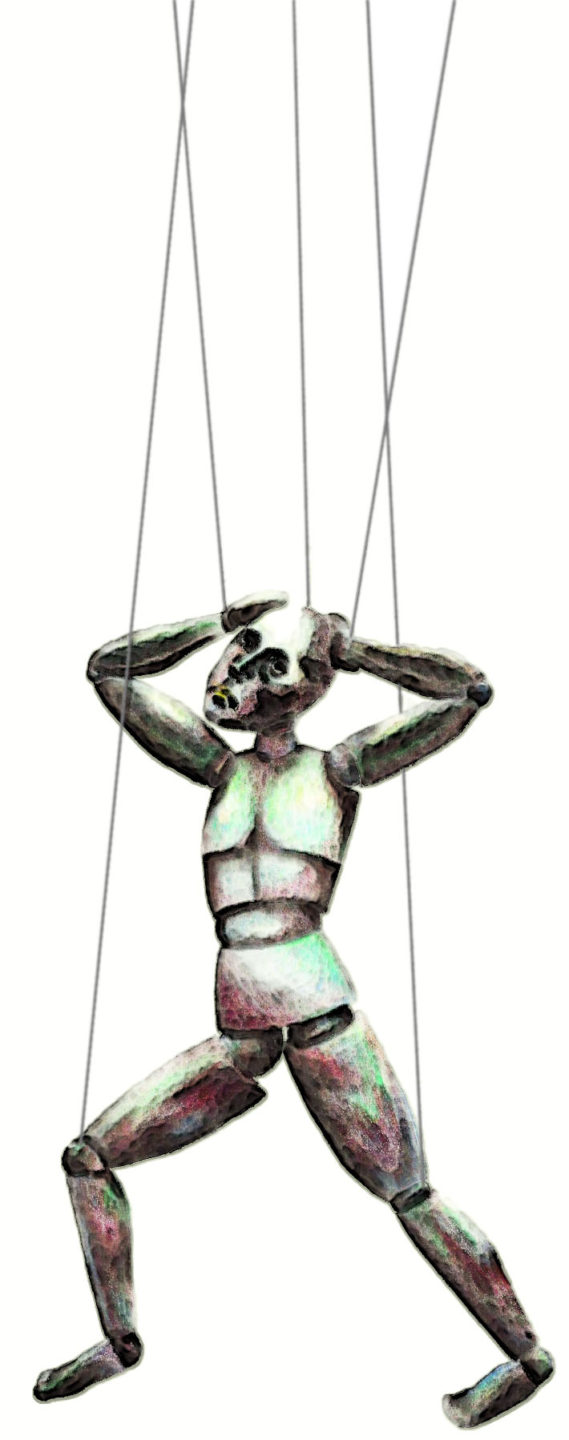Working memory and fluid g
Yesterday I sketched an argument for believing that all access-conscious thinking is sensory based. But suppose this conclusion is wrong. Suppose there is some sort of workspace in which amodal (nonsensory) thoughts – judgments, goals, decisions, intentions, and the rest – can become active and be conscious. What would one …



